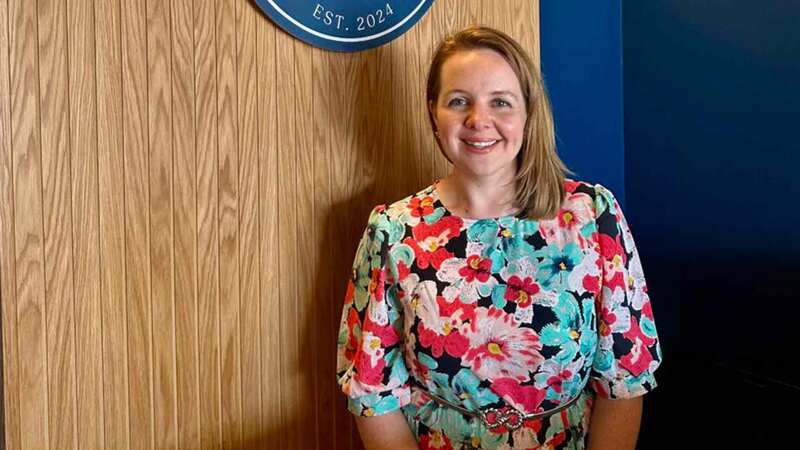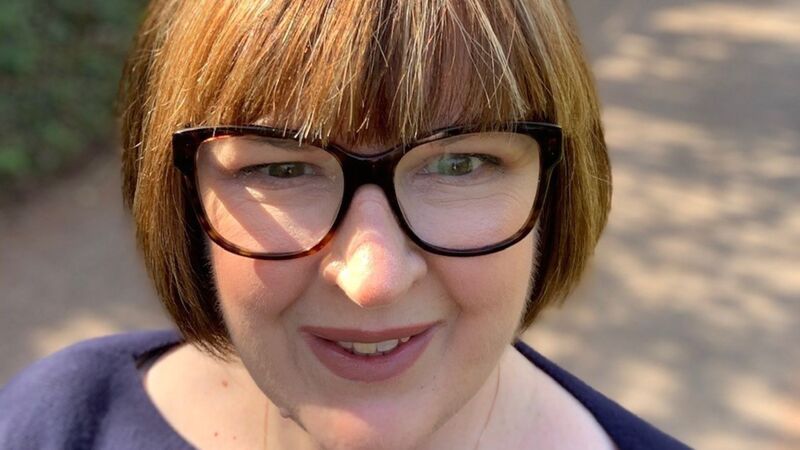You are viewing your 1 free article this month. Login to read more articles.
APWG to 'expand scope' of author earnings investigation
The All Party Writers Group (APWG) has delayed publication of the final report divulging the results of its latest authors' earnings inquiry until June 2019 in order to "expand the scope" of the investigation.
Earlier this year research from the Authors Licensing and Collecting Society (ALCS) found that, although the contribution of the creative industries to the UK economy has grown to £92bn, writers' average earnings have dropped to under £10,500-a-year - a 15% fall in real terms since its last review in 2013 and 45% drop since 2005's. ALCS also uncovered a growing gender gap, with the average earnings of female professional authors only around 75% of those of the average male professional writer.
On the heels of the June publication of the not-for-profit's research, the APWG launched an inquiry into authors' earnings with a call for evidence that concluded in August. The purpose of this was to be able to supplement ALCS' quantitative data with qualitative findings.
Although the report was expected to publish to coincide with the APWG's winter reception yesterday (4th December), a spokesman said it is now unlikely to be published before its summer reception in June of next year. The reason given for the six month delay in revealing in its findings is that it has since decided to "expand the scope" of the inquiry based on what it has heard.
APWG chair John Whittingdale said: "Initial evidence gathering has revealed a range of opportunities to help authors, the UK publishing industry and wider creative industries. As such we have broadened the scope of the inquiry to ensure these opportunities are fully explored."
Based on its early findings the organisation has outlined several key priorities for government to support UK authors, among which is the formation of a "creators council". Proposed by the APWG, this has been described as "a channel of communication to keep government in regular contact with creators and their representatives would help drive good policy making in the digital age". The equivalent already exists for the business elements of the creative industries but not for creators themselves and their representative bodies, it reasoned. Asserting creators are "more important than ever" - both culturally and economically - the APWG rallied "we must ensure they are fairly rewarded for their contribution to our society".
Other priorities the APWG advocated in pursuit of fair remuneration for authors include the implementation of the Copyright Directive "at the earliest opportunity" following its adoption by the UK and either the continuation or replacement of the European copyright ‘exhaustion’ framework with a ‘national exhaustion’ framework. It also emphasised the importance of the UK's gold standard for copyright and recommended the government "should resist pressures to undermine this at the cost of our creative industries" with respect to any future trade deals signed post Brexit. The removal of VAT on e-books should also be expedited, the APWG said.














